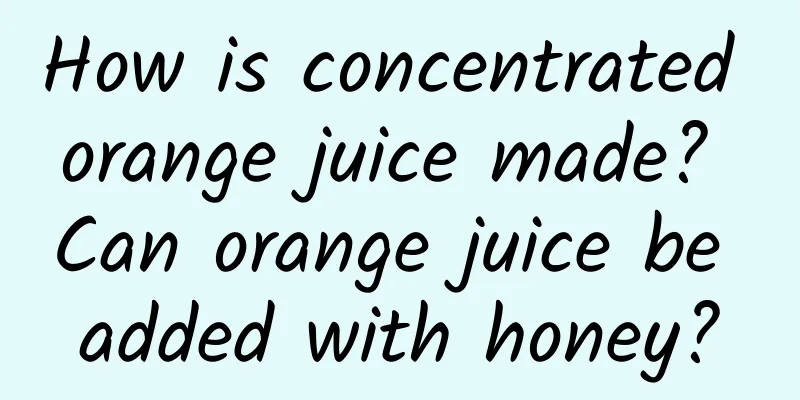Does follicle collapse mean ovulation?

|
Follicular collapse is a symptom of female ovulation. Generally speaking, when this happens, it means ovulation has occurred. For women who want to increase their chances of conception, this is a better time period. The female ovulation period is mainly divided into three stages, namely the follicular phase, ovulation phase and luteal phase. Women should usually understand the time of ovulation, and having sex at this time can increase the chance of conception. Does follicle collapse mean ovulation? The difference between follicular collapse and ovulation is that follicular collapse actually means that ovulation has occurred. Women who are preparing for pregnancy can conceive at this time, and the pregnancy rate is relatively high. Normal women have an ovulation period every month, and usually only one follicle matures and ovulates each month. , is generally divided into three stages, namely the follicular phase, ovulation phase and luteal phase. 1. Follicular phase: This is the stage when the follicles develop and mature. During the development process, the primordial follicle goes through different development stages of primary follicles and secondary follicles, and finally becomes a mature follicle. 2. Ovulation: Under the action of the peak of LH secretion, the mature follicle moves to the surface of the ovary, the follicle wall ruptures, the ovulation hole appears, and the egg cell, zona pellucida, corona radiata and egg fluid are discharged. This process is called ovulation. The released egg is captured by the fallopian tube umbrella and sent into the fallopian tube. 3. Luteal phase: After ovulation, the luteal phase begins. The remaining follicular wall collapses, and blood enters the follicular cavity and coagulates to form a blood body. As blood is absorbed, granulosa cells and endometrial cells proliferate and luteinize, forming a corpus luteum that has a yellow appearance. How many days after menstruation is ovulation Since everyone's menstrual cycle is different, the answer to how many days after menstruation is the ovulation period will also be different. However, you can calculate the ovulation period according to this formula: 1. For women with relatively stable menstrual periods: the ovulation day is generally the 14th day before the next menstrual period. The 5 days before this day, including this day and the 4 days after this day, are called the ovulation period. In other words, the ovulation period of an average woman is ten days. 2. If the menstrual cycle is unstable, the ovulation period can be calculated in this way: the first day of ovulation = the shortest menstrual cycle minus 18 days, the last day of ovulation = the longest menstrual cycle minus 11 days. The calculation method is to take the first day of menstruation as the base point and count the days backwards. |
<<: How long can I take a bath after giving birth?
Recommend
What to do if you have stomach pain at 40 days of pregnancy
Pregnant women are a group we pay close attention...
What causes chest tightness in late pregnancy?
In the late pregnancy, the baby develops too fast...
Causes of stillbirth
The happiest moment in a woman’s life is when she...
It will take at least 1 to 2 weeks for symptoms to improve after turning negative! Beijing Municipal Health Commission issued a guideline for health management during the recovery period
On December 29, Beijing Municipal Health Commissi...
How many days does it take for a period to be clean after medical abortion?
All normal women have their periods every month, ...
What causes excessive vaginal discharge in women?
The main cause of increased vaginal discharge in ...
"The tip of the tongue tastes sweet, the back of the tongue tastes bitter"? What you think is the tongue's "taste map" is actually fake
"The tip of the tongue tastes sweet, the bac...
What to do if you have breast eczema during lactation? Treatment for breast eczema
Breast eczema during lactation is the most troubl...
Foreign body sensation in throat after morning sickness
Women who have given birth are no strangers to mo...
What should we pay attention to when criticizing children? How to praise children to make them better?
It is said that parents are the first teachers of...
What should women eat to prepare for pregnancy?
For every woman who longs to be a mother, the who...
How to detect AIDS in cats? Can cats survive AIDS?
Feline AIDS is an infectious disease among cats, ...
How to treat snoring during sleep in pregnant women
Many pregnant friends sometimes feel weak and pow...
What delicacies can be made with matcha powder? Why does matcha have a fishy smell?
Matcha has a history of more than a thousand year...
A 58-year-old man suffered from limb weakness and unsteady walking due to a rare melanoma invading his brain!
Mr. Wu, 58 years old, from Yueyang, Hunan, felt w...









